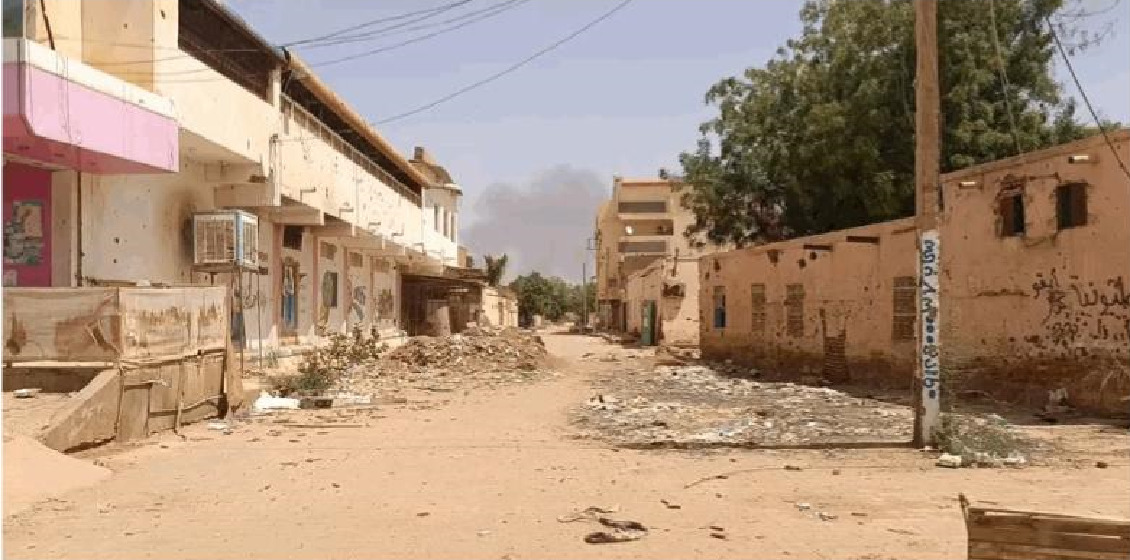The 15th of April 2023 was a devastating and memorable dawn in the minds of the Sudanese people. A morning that unfolded with the shattering sounds of gunfire announcing a brewing and violent clash -between a paramilitary group known as the Rapid Support Forces (RSF) and the military government otherwise known as the Sudanese Armed Forces (SAF)- a conflict that took hold of the capital Khartoum before rapidly spreading across. In sudden shock and disbelief Sudanese people were caught in the middle of a bloody war that is sadly still ravaging the country a year later. As reported by the United Nations Office for the Coordination of Humanitarian Affairs (OCHA) since the start of the war 15,550 fatalities have been reported. A power-struggle between two sides, a power-grab by a paramilitary and predatory faction, or a cruel puppetry scheme by external powers, however direction the discourse takes, a total disregard for human lives and livelihoods is the one definitive thread.
As of May 2024 the Operational Data Portal of the United Nations High Commissioner for Refugees (UNHCR) reported a total of 8.8 million Sudanese people (8,861,630) were forced to flee their homes since the war began. With a report from the International Organization for Migration (IOM) published in April 2024, that 6.6 million are internally displaced (an estimated 6,657,550), and 2 million (approximately 2,044,248) displaced across borders into neighboring countries; such as Egypt, Ethiopia, Chad, Central African Republic (CAR), and South Sudan. As the war persists these numbers are expected to rise, as Sudanese people desperately search for a resemblance of safety that was long-stolen from them. According to the Displacement Tracking Matrix (DTM) an overwhelming number of 20,000 people are forced to flee their homes everyday, with the country becoming the largest global crisis of internal displacement.
This article studies the case of Sudan in three parts; beginning with a brief history and analysis, followed by an exploration of the efforts exerted to escape the war, this is supported by qualitative data collected from interviews with participants who are citizens and dual nationals, and lastly the article highlights the current crisis with a backdrop of the country’s position in the global agenda.
Fatma Latiff is M.Sc. INTERNATIONAL AFFAIRS, LINNAEUS UNIVERSITY, VÄXJÖ, SWEDEN. DDRN INTERN




